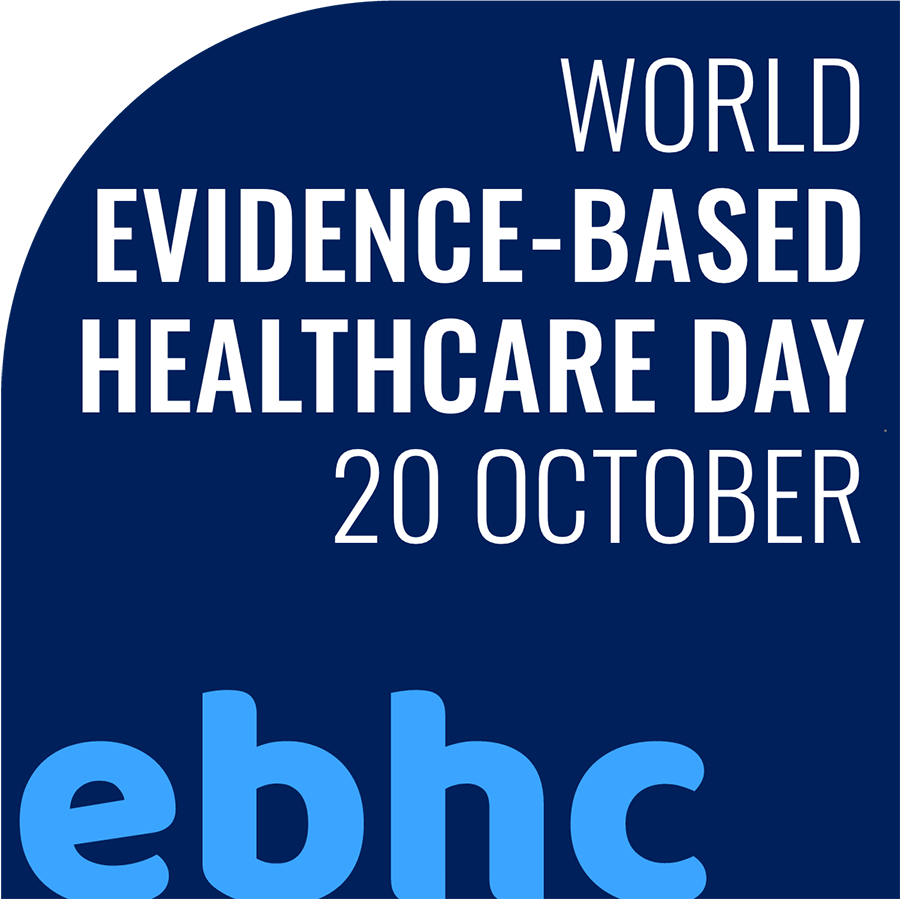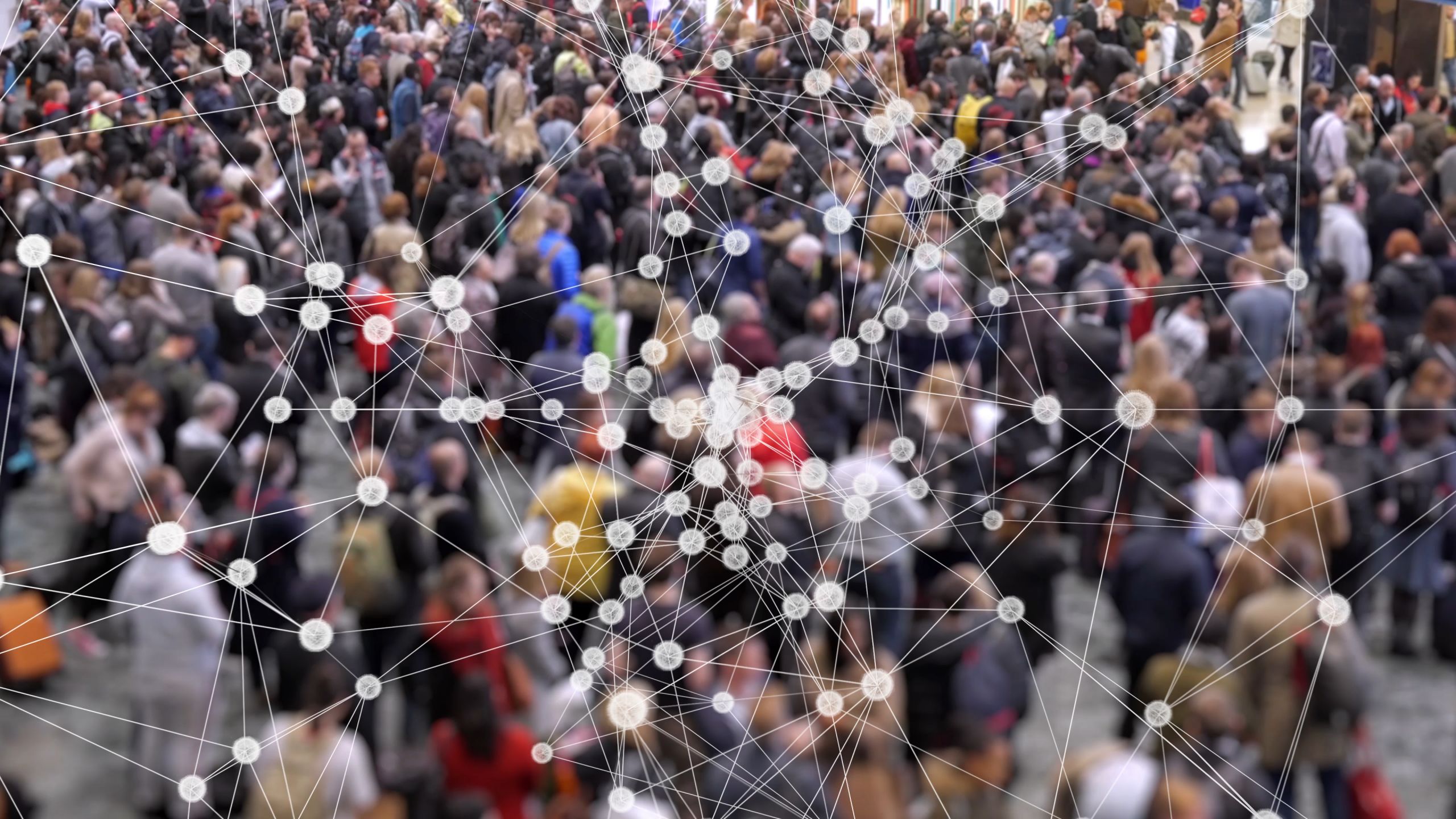Quick guide to:
World Evidence-Based Healthcare Day

Raising awareness
World Evidence-Based Healthcare Day (World EBHC Day) raises awareness of the need for better evidence to inform healthcare policy, practice and decision making to improve health outcomes globally.
It’s an opportunity to take part in debate about global trends and challenges, but also to celebrate the impact of individuals and organisations worldwide.
Here’s our quick guide to everything you need to know about this year's event, which took place on Wednesday 20 October.

World EBHC Day takes place every year on 20 October
World EBHC Day takes place every year on 20 October

We took part in the online event, alongside 7 other global leaders in evidence-based healthcare
We took part in the online event, alongside 7 other global leaders in evidence-based healthcare
Getting busy
NICE is an official partner for World EBHC Day, alongside 7 other global leaders in evidence-based healthcare:
- Joanna Briggs Institute (JBI)
- Cochrane
- Campbell Collaboration
- Guidelines International Network
- Institute for Evidence-Based Healthcare
- Centre for Evidence-based Health Care
- Canadian Agency for Drugs and Technologies in Health.

We took part in the online event, alongside 7 other global leaders in evidence-based healthcare
We promoted the day and encouraged people to get involved by:
- Co-hosting a free event with the Guidelines International Network (GIN) on 'COVID-19 and misinformation: Working collaboratively to bring science to practice'.
- Taking part in a roundtable international webinar involving all the event partners. The panel shared their experiences, expertise and stories on the role of 'Science communication in a pandemic'.
- Writing blogs for the event website. Johanna Hulme, associate director - content transformation in the medicines and prescribing team, wrote about 'Understanding what information people need to support decision making'. And NICE was also the subject of a blog called 'How NICE supported evidence-based healthcare throughout the COVID-19 pandemic'.
- Talking about our internal experience of dealing with an infodemic in our NICE Space article, 'World Evidence-Based Healthcare Day'.
- Sharing information on our social media channels. On Twitter and LinkedIn, you can search for the hashtags #WorldEBHCday and #EvidenceFirst to see the conversations.
The role of evidence in an infodemic
The theme for this year’s World EBHC Day was ‘the role of evidence in an infodemic’.
An infodemic is too much information, including false or misleading information in digital and physical environments, during a disease outbreak. It causes confusion and risk-taking behaviours that can harm health. It also leads to mistrust in health authorities and undermines the public health response.
The campaign called on the global evidence community to share their experiences, expertise and stories on infodemic management, including:
- accurate knowledge translation
- knowledge refinement, filtering and fact-checking
- building eHealth/science literacy
- monitoring, infoveillance and social listening.
The pandemic has shone a light on the importance of evidence-based guideline recommendations in improving health outcomes for patients with COVID-19. Using trusted information and advice produced by organisations like NICE can save lives.
Getting involved
World EBHC Day is an annual event. If we’ve sparked your interest and you’re keen to get involved in next year’s celebrations, contact Deborah Lee, senior project manager in the scientific advice team.
Enjoy this article?
Get in touch and let us know.
